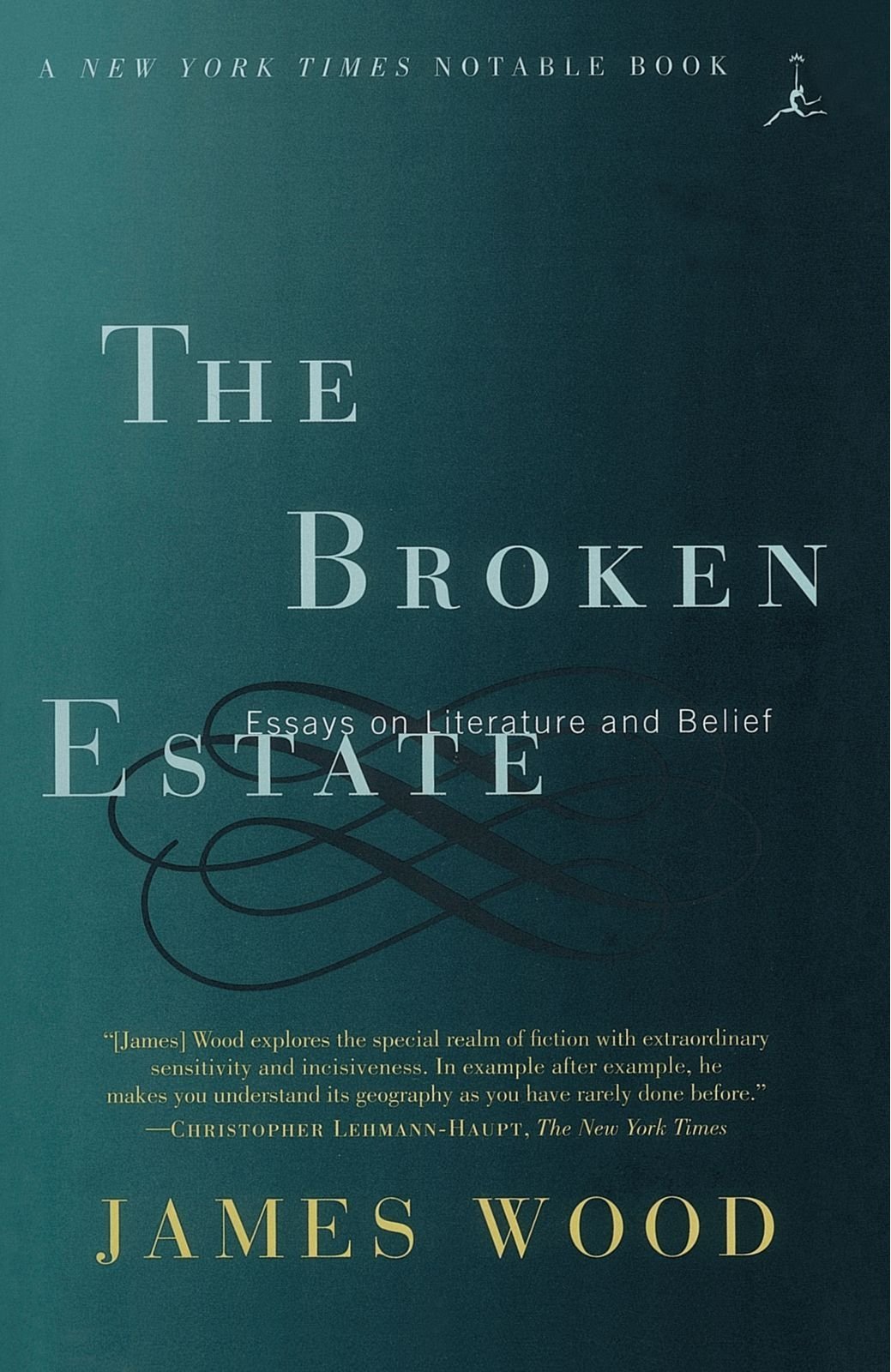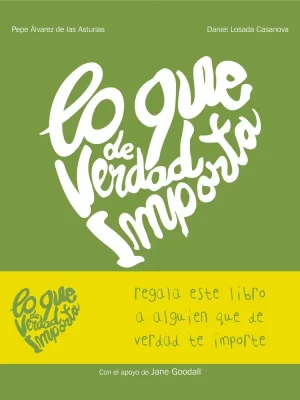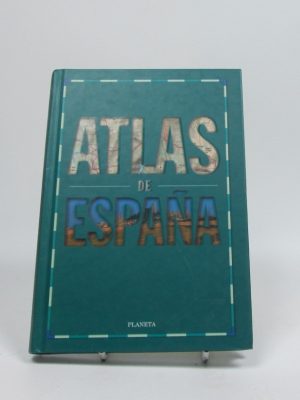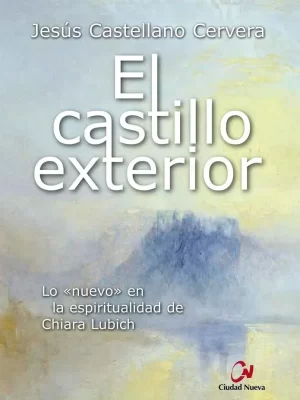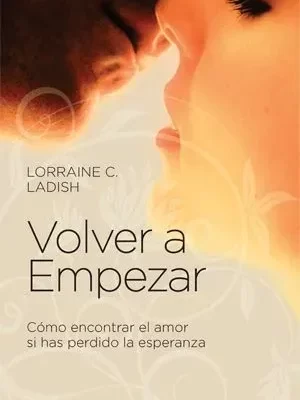The broken estate: essays on literature and belief (modern library paperbacks)
| Estado | Bueno |
|---|---|
| Número de páginas | 304 |
| Editorial | Modern Library |
| Idioma | |
| ISBN | 9780375752636 |
6,32€
Estado:
| Estado | Bueno |
|---|---|
| Número de páginas | 304 |
| Editorial | Modern Library |
| Idioma | |
| ISBN | 9780375752636 |
Disponibilidad: Solo quedan 1 disponibles
This book recalls an era when criticism could change the way we look at the world. In the tradition of Matthew Arnold and Edmund Wilson, James Wood reads literature expansively, always pursuing its role and destiny in our lives. In a series of essays about such figures as Melville, Flaubert, Chekhov, Virginia Woolf, and Don DeLillo, Wood relates their fiction to questions of religious and philosophical belief. He suggests that the steady ebb of the sea of faith has much to do with the revolutionary power of the novel, as it has developed over the last two centuries. To read James Wood is to be shocked into both thinking and feeling how great our debt to the novel is.
In the grand tradition of criticism, Wood’s work is both commentary and literature in its own right–fiercely written, polemical, and richly poetic in style. This book marks the debut of a masterly literary voice.
«In America, where he now makes his home, consensus is building that James Wood, a thirty-four-year-old English-man, is the best literary critic of his generation. . . . Wood is not just a keen critic, our best, but a superb writer. James Wood is the kind of writer James Wood admires most: daring, meaty, boldly metaphoric and unequivocally committed.»–Adam Begley, Financial Times
«After finishing one of James Wood’s essays, I always feel that I have been in the company of a man who reads more perspicaciously and writes more incisively than almost anyone producing criticism today. His ability to transform complex, anxious thought into lucid, exciting prose is everywhere present in this wonderful book, as is an atmos-phere of civility, good sense, and justice.»–Janet Malcolm
«In these essays a very bold intelligence illuminates literature and culture with a dashing fluency.»–Elizabeth Hardwick
«In a distinctively impassioned voice, James Wood advances some formidable arguments for what fiction and the truthful deployment of the imagination can be. He is one of literature’s true lovers, and his deeply felt, contentious essays are thrilling in their reach and moral seriousness.»–Susan Sontag
«He is a true critic: an urgent, impassioned reader of literature, a tireless interpreter, a live and learned intelligence, good writing company. He has adopted the essay as his own; he uses it to write, in a way the serious writer does. That’s to say, he drives his ideas hard; he hungers for metaphor . . . learned . . . cunningly brilliant.»–Malcolm Bradbury, The New Statesman
«A book that makes you feel, having closed it, as if your mind has been oxygenated. While most reviewers tend to fall back on preconceived notions of good style, based mainly on their desire not to be challenged by fiction, Wood stands out for his desire to re-mint critical thought. He has the capacity to alert you all over again to the wonder of a single cadence, pulled out of the heart of a novel. He also forces you to reconsider what it is we mean when we say that a novel is real, is true, is great. There is no more, really, that we can ask of a critic.»–Natasha Walter, The Independent on Sunday
«In this climate, James Wood’s book is not just a pleasure in itself but a sign that things do not always necessarily go downhill. . . . ‘Serious’ books on literature and belief abound, but we have very few critics who can vie with Jarrell and Toynbee, who can remind us that talking about literature is a part of what literature is about, and talking about it with passion, precision, and out of a rich store of reading is a rare and precious gift: it is good for all of us that James Wood has it and we have James Wood.»–Gabriel Josipovici, Times Literary Supplement
«James Wood has been called our best young critic. This is not true. He is our best critic; he thinks with a sublime ferocity. To enter Wood’s mind is to cross a threshold: from the reviewer commonplaces that often pass for essay-writing into the intellectual daring that portends literary permanence. He is, for the moment, our Ha

Envío gratis a partir de 19€
Entrega en 48/72h para España (península). Consulta otros destinos.

100% Sostenible
Al leer libros usados reduces el consumo de papel, agua y tinta.

+100.000 Libros
Consulta nuestro inmenso catálogo de obras literarias. Nuevos libros cada día.
Información del libro
| Estado | Bueno |
|---|---|
| Número de páginas | 304 |
| Editorial | Modern Library |
| Idioma | |
| ISBN | 9780375752636 |

